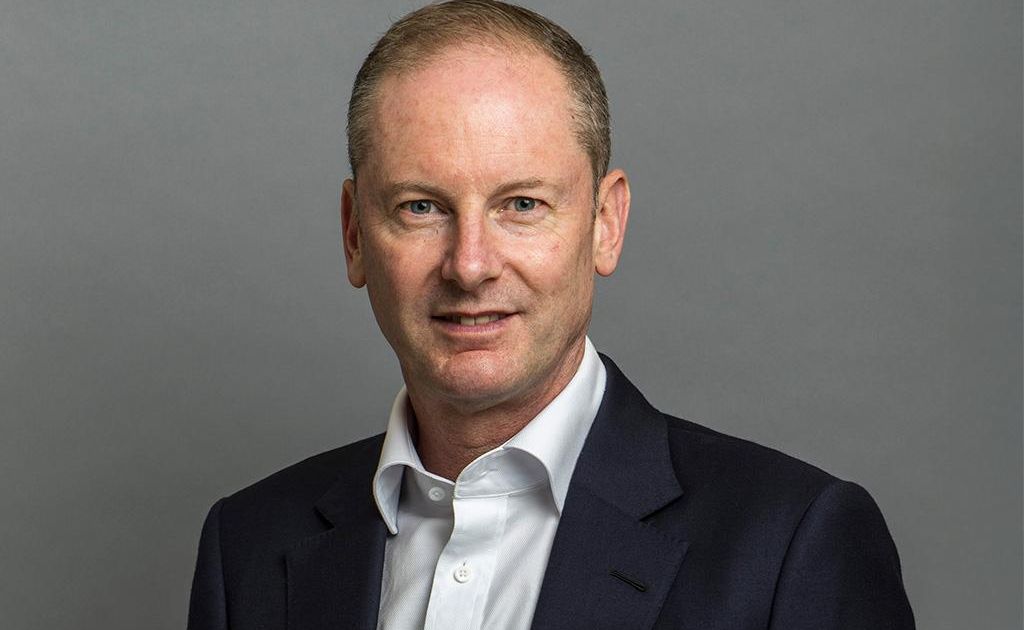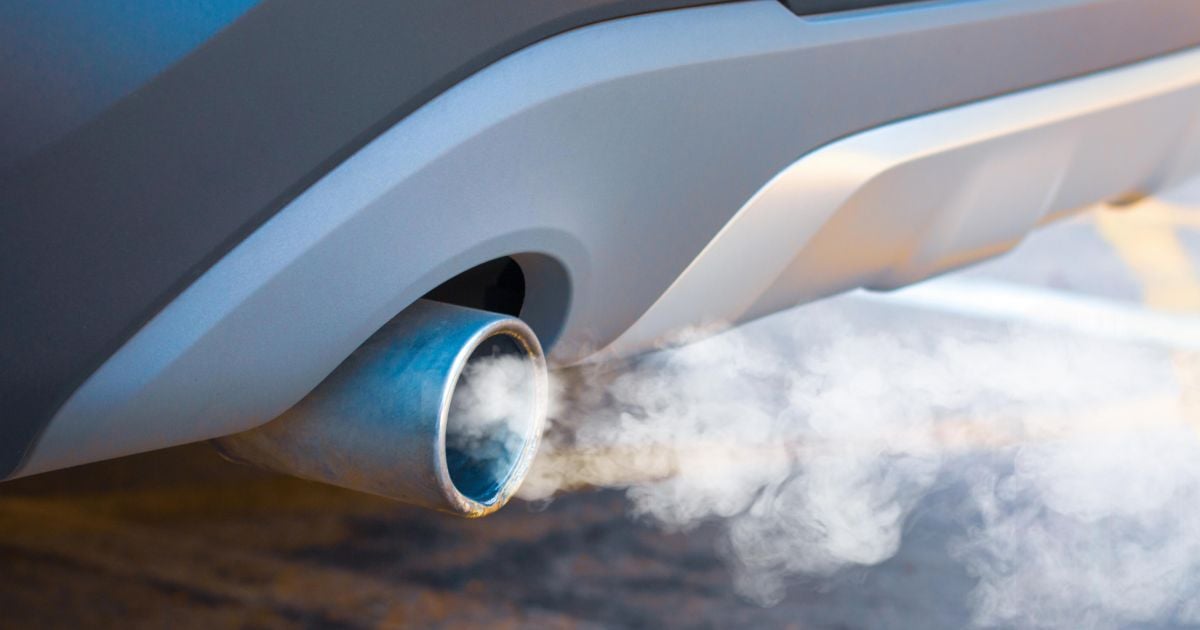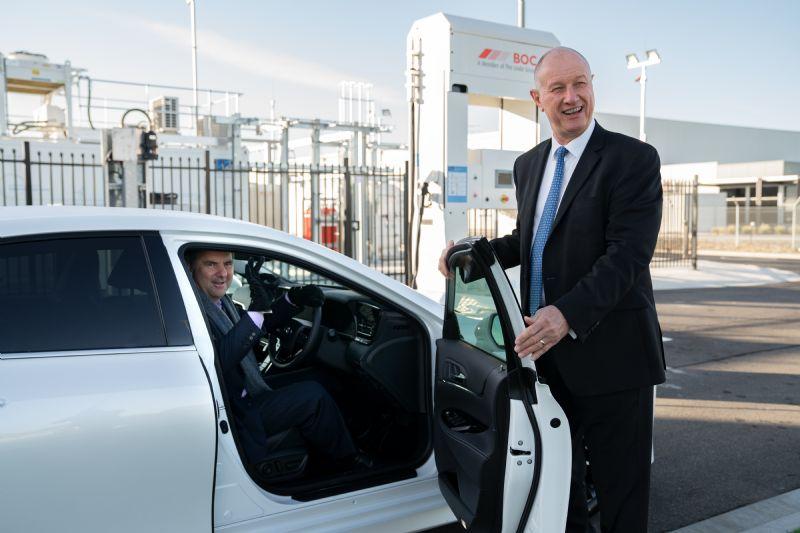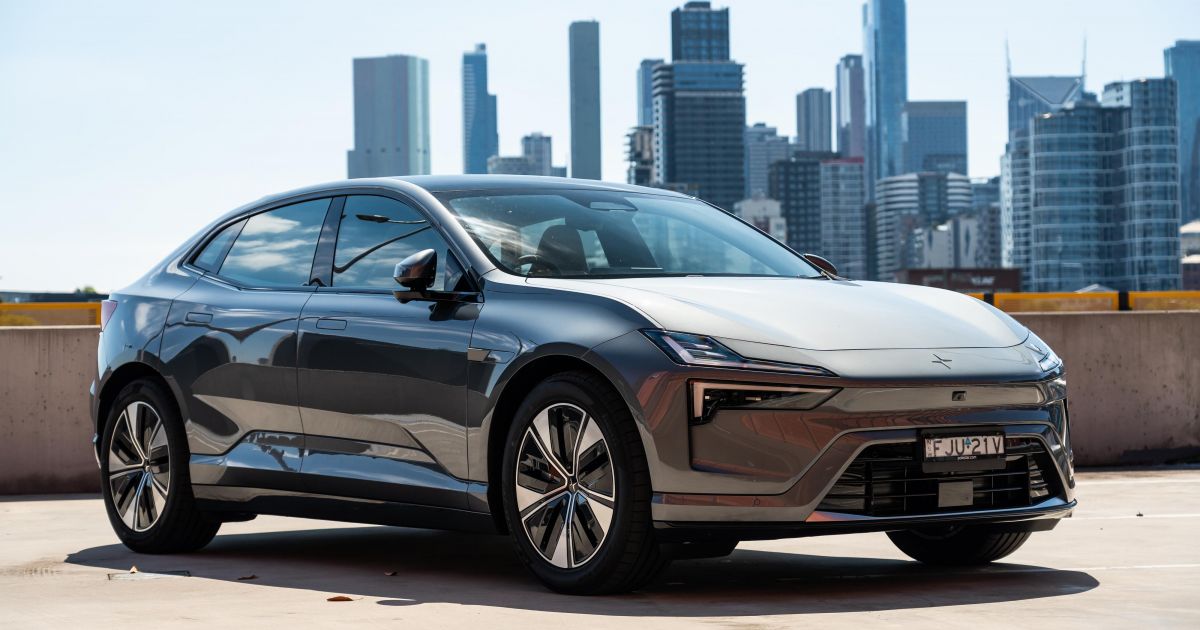Polestar Australia managing director Scott Maynard says the ‘scaremongering’ that took place ahead of the implementation of the New Vehicle Efficiency Standard (NVES) has failed.
The NVES was introduced on January 1, 2025, and limits the overall carbon-dioxide emissions across a brand’s lineup – with automakers facing financial penalties if they exceed the targets.
Penalties came into effect on July 1, 2025, and fleet emissions targets will get more stringent every year until 2029.
When asked if perhaps NVES could have been pitched better by the politicians who were publicly in favour of it, Mr Maynard was positive.
“It turns out it didn’t kill the weekend,” the Polestar boss said.
Hundreds of new car deals are available through CarExpert right now. Get the experts on your side and score a great deal. Browse now.
ABOVE: Polestar Australia managing director Scott Maynard
“We got it through, so I don’t think I’m a good enough politician to say that they went about the wrong way.
“I do think that there was perhaps some scaremongering whipped up from some of its opponents that did land a few blows, and some of the benefits of a market that responds to NVES legislation – like cleaner air and a move towards vehicles that that are cheaper to run – were perhaps lost in some of that messaging.”
Former opposition leader Peter Dutton had pledged to scrap the NVES – which he called a ‘ute tax’ – if the Coalition won last November’s federal election (which it didn’t).
“We will abolish Labor’s tax on family cars and utes. Saving you thousands when buying a new car,” Mr Dutton posted on social media.
“Labor’s new car and ute tax will hit families and small businesses with thousands in extra costs.”
The Australian Government proposed three iterations of NVES – A, B and C options – in February 2024 for feedback from industry bodies and automakers.
Of the three, the “fast but flexible” B proposal was the government’s preferred option.
Though it wasn’t the most stringent of the three, the B proposal was criticised by some Australian car companies, with Toyota – the best-selling brand here since 2008 – saying it would force new vehicle prices up and hurt ‘middle Australia’.
Sean Hanley, Toyota Australia vice president of sales and marketing, said the company didn’t have the model range available globally on hand to replace popular vehicles like the LandCruiser.
Mr Hanley also said sales of smaller, lower-emission Toyota models would not be enough to offset fines from sales of larger vehicles.
Similar objections were voiced by other car companies, such as Mitsubishi Australia CEO Shaun Westcott who also appealed to ‘middle Australia’.
“We do want a standard, we’re not against a standard,” Mr Westcott told CarExpert.
“What we want is a standard that is practical and achievable against the pace of technology, aligned with what consumers want and what consumers can afford.”
The Australian Government subsequently made key concessions to automakers ahead of introducing the legislation to parliament in March 2024, including changing how large off-roaders were categorised – something which Toyota had called for.
Both Toyota and Mitsubishi are members of the Federal Chamber of Automotive Industries (FCAI), which issued statements critical of NVES – something that saw Polestar and rival electric car brand Tesla quit the industry body.
Mr Maynard recently said the brand is no closer to rejoining the FCAI, saying the industry body is less progressive than when Polestar left it in protest in March 2024.
When asked by CarExpert if Polestar Australia could better effect change by being a member of the FCAI, Mr Maynard was blunt.
“If I thought that the volume of vehicles that we sell – [Polestar] being a premium and relatively exclusive player – would give us a fair voice inside the FCAI, then perhaps that logic would run.
“But I think it’s still the case that the FCAI services those members that fund it, and I can understand why they would do that. They’re a representative body of the manufacturers that sit inside it, and so no, I think I’d probably get sent out of the room.”
MORE: Everything Polestar
MORE: What the first federal emission standard means for Aussie car buyers
MORE: Mitsubishi boss slams federal emissions regulations, “naivety” around EVs
MORE: Polestar won’t rejoin Australia’s top auto industry body





